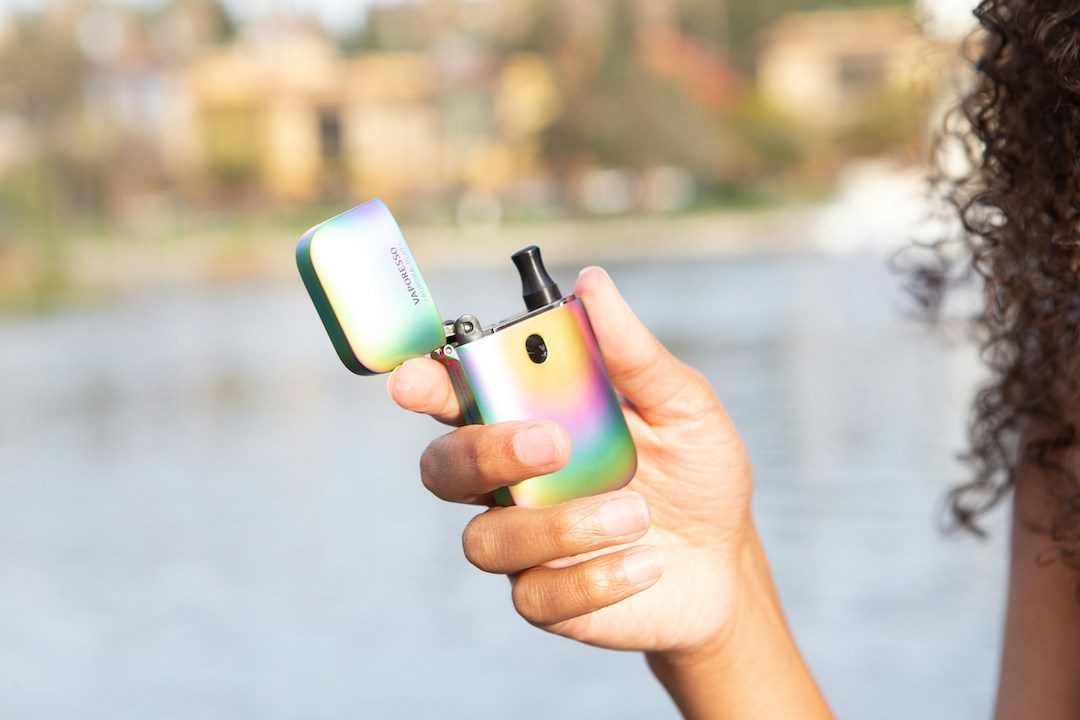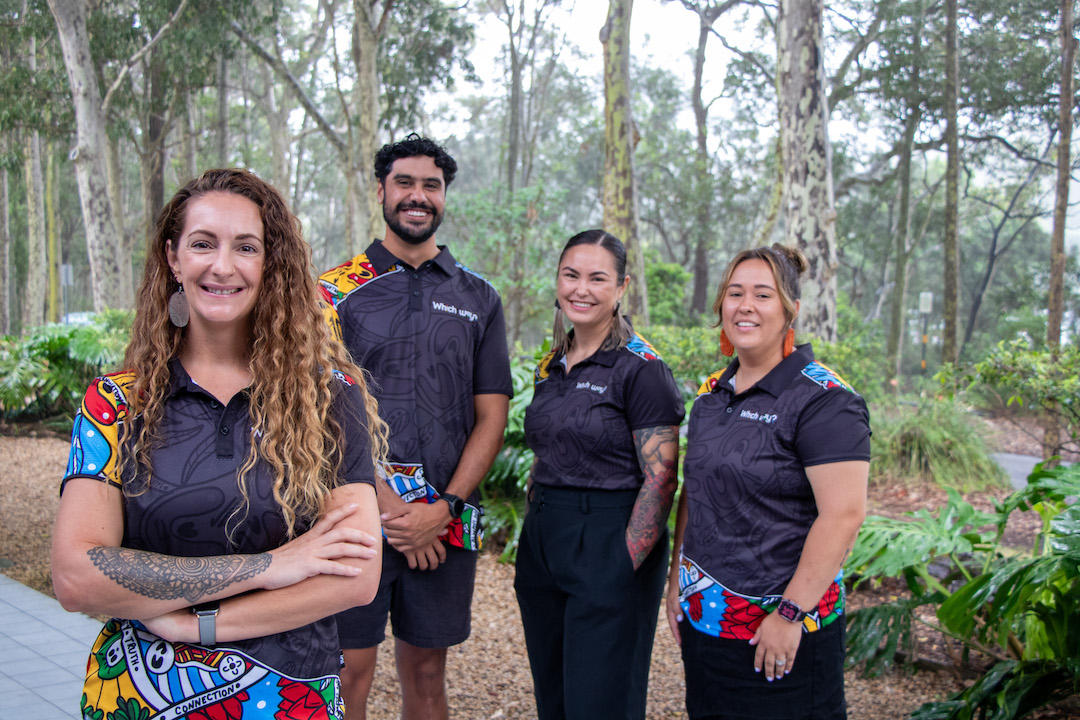An Indigenous-led intervention program is tackling the issue of smoking and vaping for Aboriginal and Torres Strait Islander people around the country.
Developed in Newcastle, the Which Way? Quit Pack pilot program was started by Wiradjuri woman and Associate Professor at the University of Newcastle, Michelle Kennedy. It builds on existing research about smoking and vaping to evaluate how innovative intervention can support Indigenous teens and adults, and was recently awarded a $4.7 million Medical Research Future Fund as part of the Indigenous Health Research grant.
The impacts of smoking
As of 2025, one third of Aboriginal and Torres Strait Islander people report smoking. Additionally, 31 percent of adults and 22 percent of young people use e-cigarettes and vapes.
Sadly, smoking and vaping are the leading causes of preventable chronic disease and preventable death for Indigenous people in Australia.
According to the Department of Health and Aged Care, smokers cut their life short by around 10 years, exposing the body to the risk of harmful diseases including cancer, heart disease, diabetes and chronic respiratory conditions.

Rates of vaping continue to rise across the country.
However, smoking is a highly addictive activity due to the presence of nicotine, which triggers the release of dopamine in the brain. As the nicotine levels fade, your body craves more dopamine to feel good. The longer someone smokes, the more nicotine is needed to reach this level of feeling.
Once someone is dependent on nicotine, they will also have withdrawal symptoms, including nervousness, restlessness, irritability and anxiety.
Quality quit rates
The national Which Way? project will be the largest smoking cessation trial ever produced for Aboriginal and Torres Strait Islander people.
“We have already supported more than 1000 Aboriginal and Torres Strait Islander people to quit smoking and vaping in NSW, Victoria and the ACT through the pilot Which Way? programs,” says Associate Professor Kennedy.
“Our pilot data has reported the highest quit rates of any smoking cessation study in an Aboriginal and Torres Strait Islander setting, with our pilot reporting 34 per cent of participants are remaining smoke and vape free at six months, compared to 11 per cent previously.
The program combines Indigenous knowledge and science-based research to offer individualised support to those hoping to quit smoking and vaping. A mailout pack containing community-developed health information, resources on how to sustain a quit attempt, information cards on existing government-provided online support, and combination Nicotine Replacement Therapy (cNRT) is delivered to all participants. They also have access to phone support from a trained team based at the University of Newcastle.

Which Way? Quit Pack lead researcher Associate Professor Michelle Kennedy, with team members Kayden Roberts Barker, Felicity Collis and Jessica Bennett (L-R).
Looking to the future
Reducing rates of smoking will prevent multi-morbidity, and is a key target for the National Aboriginal and Torres Straight Islander Health Plan 2013-2023, the National Closing the Gap Health Campaign, and the National Preventative Health Strategy 2021-2030.
“In addition to being the most modifiable risk factor contributing to chronic disease and preventable death for Aboriginal and Torres Strait Islander people, smoking is the risk factor most responsible for the gap in disease burden in 2011, accounting for 23 per cent of the total gap,” explains Associate Professor Kennedy.
In fact, the National Preventative Health Strategy specifically outlines a focus of reducing daily smoking rates among Aboriginal and Torres Strait Islander people over 15 years old to 27 percent or less by 2030.
“This target’s deadline is only five years away. Our people need increased access to culturally safe and responsive support for quitting. Which Way? Quit Pack addresses this and will offer Aboriginal and Torres Strait Islander people across Australia that support, mailed to their door and over the phone,” Associate Professor Kennedy says.
“The national trial will provide critical insight into cost-effectiveness and long-term sustainability of the program and could underpin a substantial breakthrough for public health policy and practice, leading to improvements in intergenerational health and wellbeing.”
To read about how social health can reduce the risk of dementia, click here.

